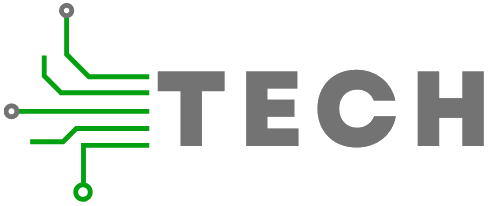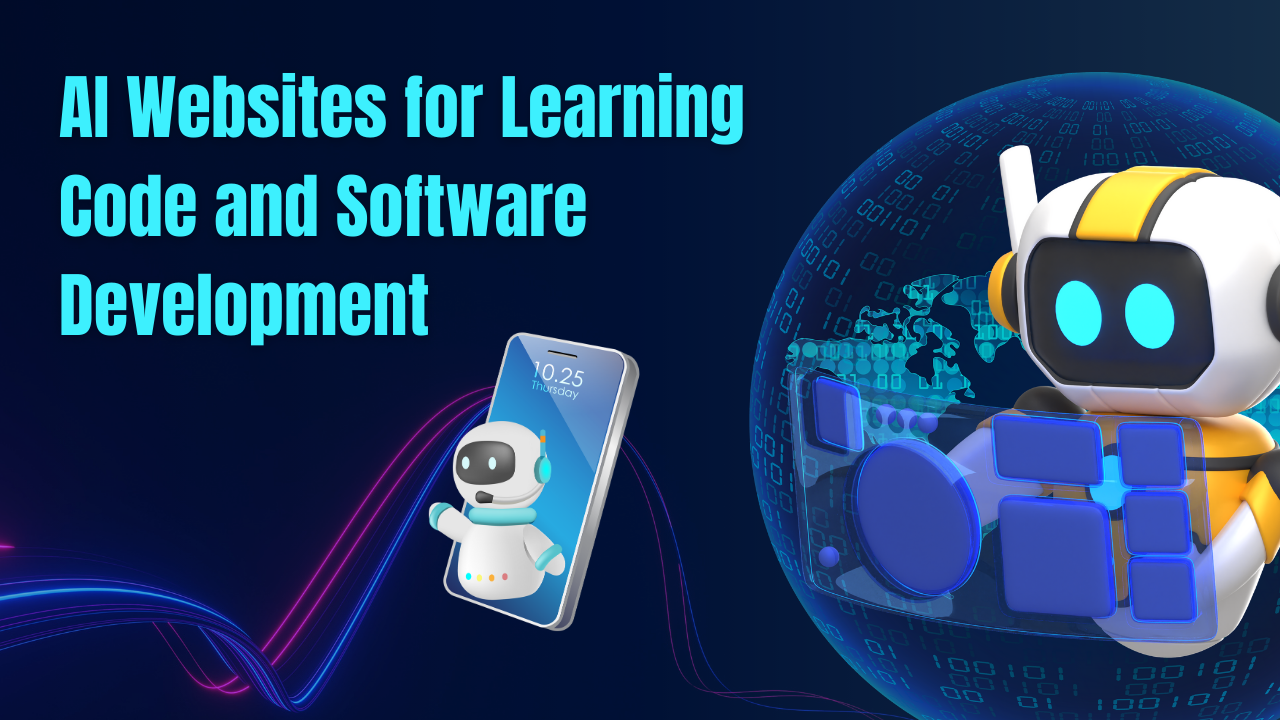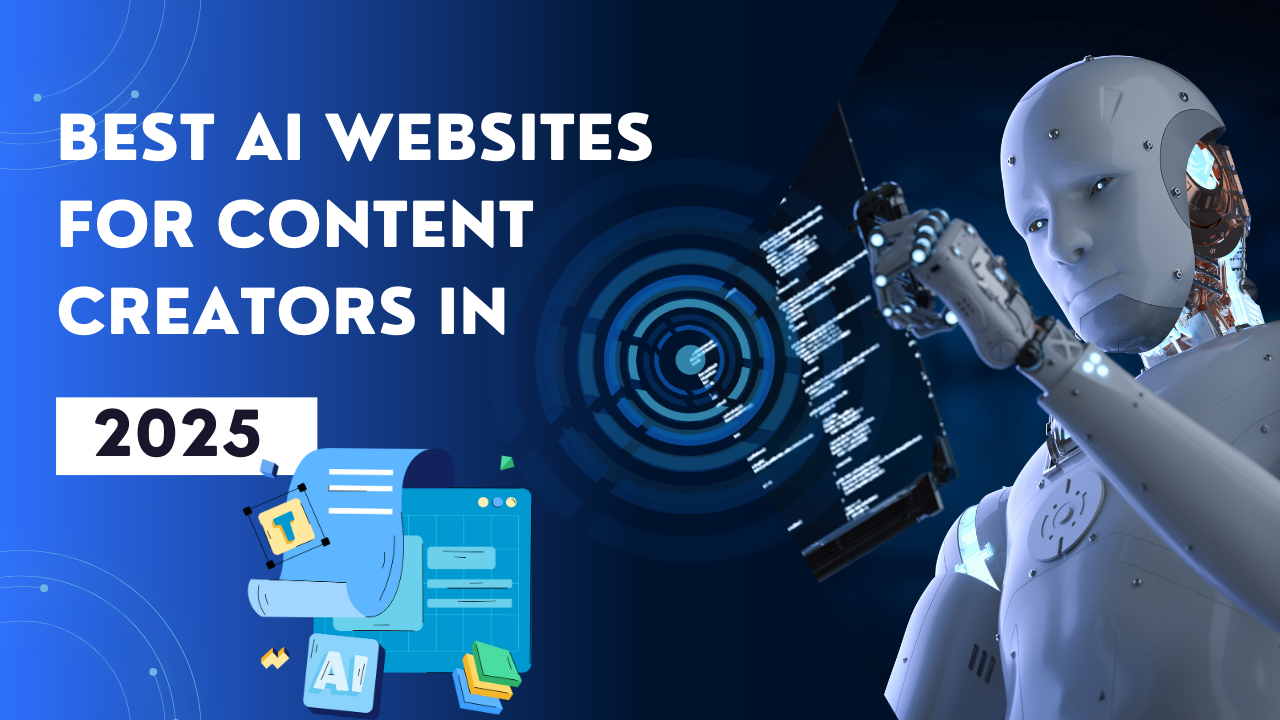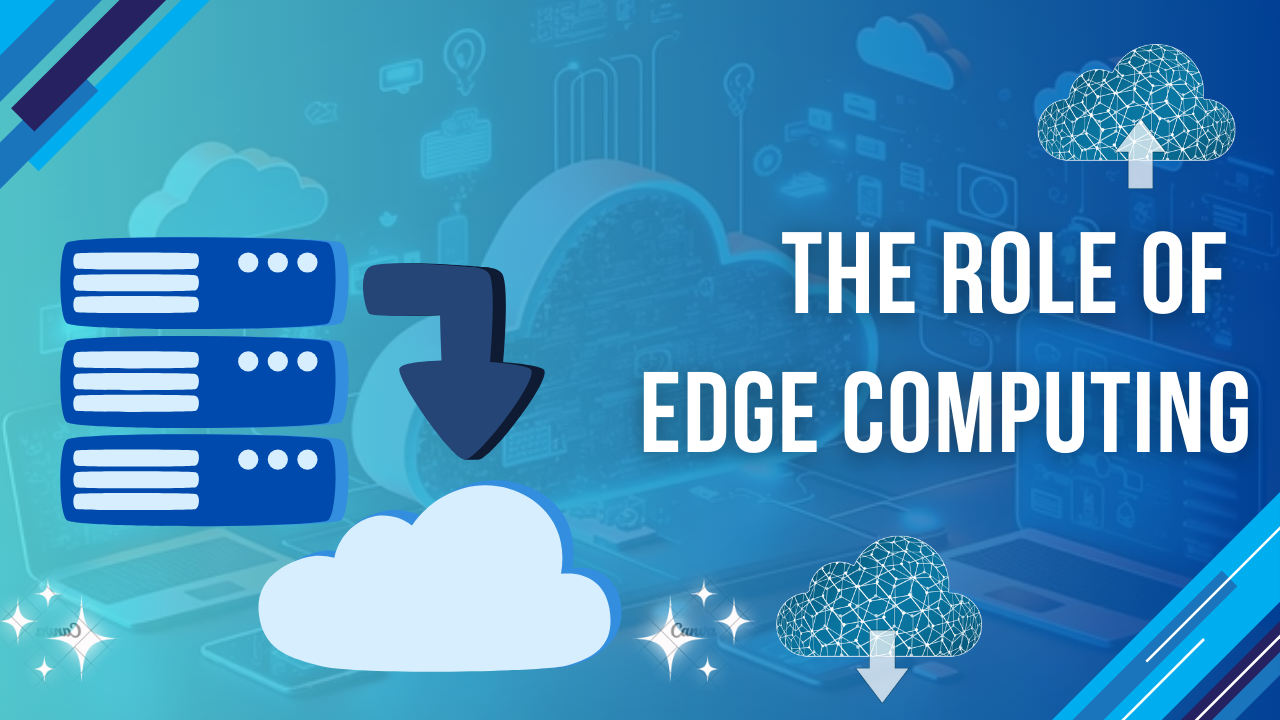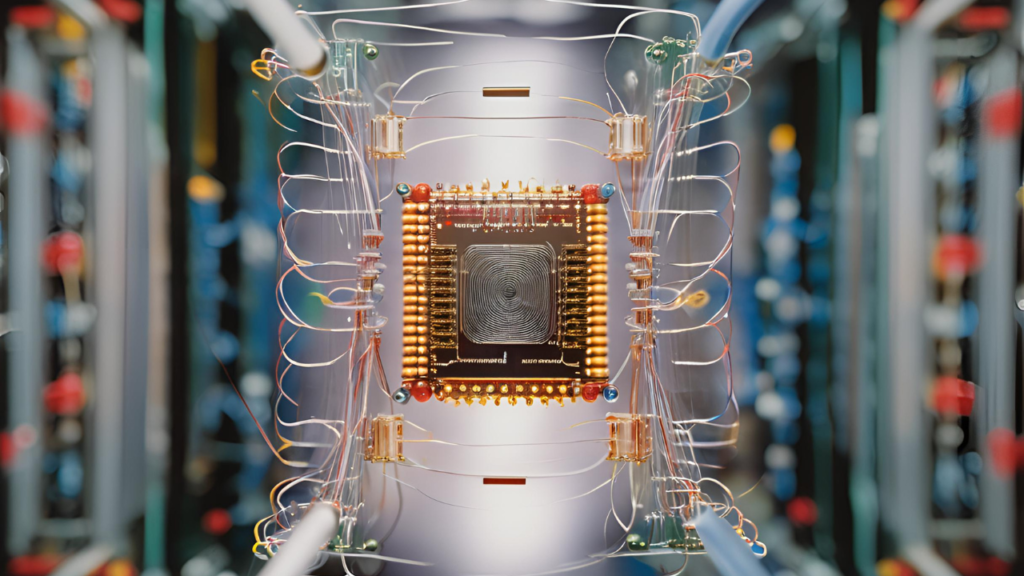
Quantum Computing:
Quantum figuring is ready to alter innovation by utilizing the standards of quantum mechanics to handle data in on a very basic level new ways. Not at all like old style PCs, which use pieces to address information as 0s or 1s, quantum PCs use quantum bits or qubits. A property known as superposition allows these qubits to be in multiple states at once, allowing them to carry out intricate calculations at a rate never before seen.
The Foundations of Quantum Computing
Phenomena like superposition and entanglement are at the heart of quantum computing. Entanglement enables qubits that are entangled to immediately affect each other, regardless of distance, while superposition enables qubits to simultaneously represent 0 and 1. Quantum computers have the potential to solve problems that classical computers currently cannot. This is because of these properties.
The impact and applications of quantum computing
The impact and applications of quantum computing are numerous. It could break existing encryption techniques in cryptography, necessitating new quantum-resistant algorithms. It could speed up the development of new treatments in medicine by modeling complex molecules for drug discovery. It could offer more effective solutions to issues like supply chain management and traffic flow optimization in logistics and optimization.
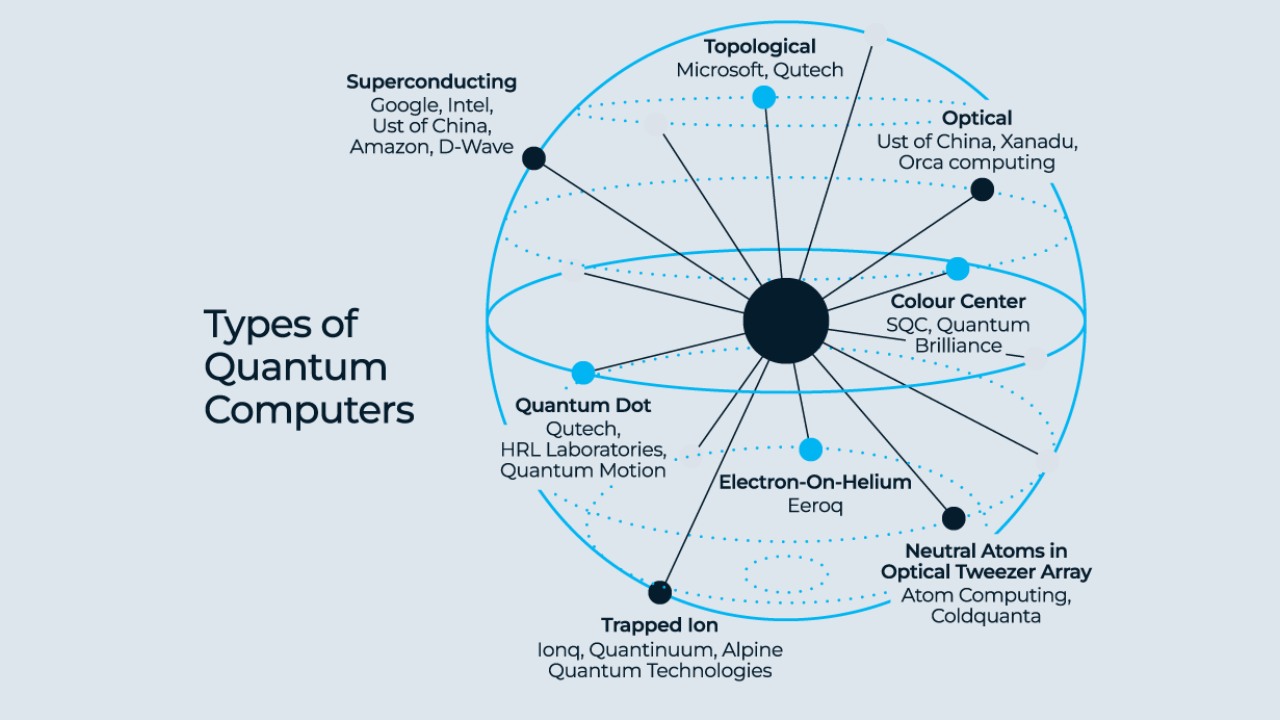
The Future Obstacles Of Quantum computing
Future Obstacles Quantum computing faces significant technical and practical obstacles despite its potential. Qubits are highly susceptible to interference from the environment, which can lead to calculation errors. Another challenge is keeping qubits in a stable state known as coherence for a sufficient amount of time to carry out calculations. Advances in materials science, engineering, and error correction methods are also required to construct a scalable, fully functional quantum computer.
The Way to Quantum Matchless quality
Quantum matchless quality alludes forthright at which a quantum PC can play out an estimation quicker than the quickest old style PCs. A significant increase in computing power would result from reaching this milestone. Organizations like Google, IBM, and Microsoft are driving the charge, putting vigorously in innovative work to bring quantum figuring to pragmatic use.
Quantum computing is the next technological frontier and holds enormous promise for industry transformation. Research and development efforts are steadily paving the way toward realizing the promise of quantum computing, despite the fact that significant obstacles remain. This technology will undoubtedly open up new possibilities and drive innovation in numerous fields as it continues to advance.
For more information and to enhance your online presence, visit DOnline360, a digital communication agency offering comprehensive services including web design and development, digital marketing, SEO, content creation, and social media management. DOnline360 focuses on creating visually appealing, functional, and user-friendly websites tailored to their clients’ needs.
FAQS
1. What is quantum computing?
Quantum computing is a type of computing that uses quantum bits (qubits) instead of traditional bits to process information. It leverages quantum mechanics principles like superposition and entanglement to perform complex calculations more efficiently.
2. How do qubits differ from classical bits?
Classical bits represent data as either 0 or 1. Qubits, however, can represent both 0 and 1 simultaneously due to superposition, allowing for more complex and faster computations.
3. What are superposition and entanglement?
Superposition allows qubits to be in multiple states at once. Entanglement is a phenomenon where qubits become interconnected, so the state of one instantly influences the state of another, even if they are far apart.
4. What are some potential applications of quantum computing?
Quantum computing could revolutionize cryptography by breaking current encryption methods, accelerate drug discovery in healthcare, optimize logistics and supply chains, and solve other complex problems more efficiently.
5. What are the main challenges in developing quantum computers?
Key challenges include maintaining qubit stability (coherence), minimizing environmental interference that causes errors, and creating scalable quantum computers with effective error correction techniques.

